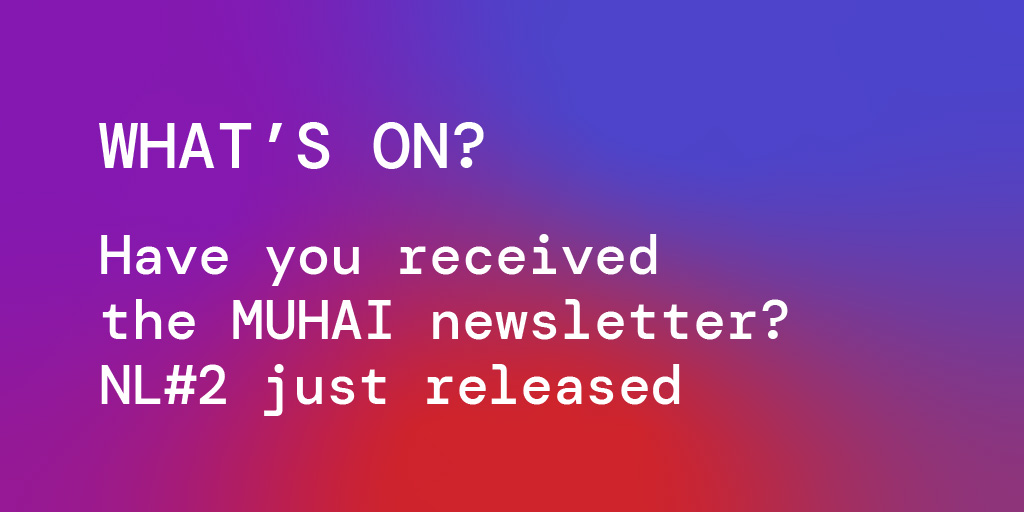In the second issue of the MUHAI newsletter read the latest news from this complex project that focuses on human-machine understanding and cooperation, by means of mimicking in machines how humans make sense of experiences and seeks to advance our ability to capture more of the rich and complex understanding that humans are capable of with the use of Artificial Intelligence.
Since the project began nine months ago, the researchers have been investigating the main areas of meaning and understanding through micro-projects that focus on the issues being tackled within the project: AI in society, AI to address inequality, and AI in everyday activities.
Italian Frame Extractor
Can natural language help to understand the origins and persistence of inequality in our society? The domain of inequality is heavily characterized by causal claims. Multiple researchers in economics, social sciences and humanities have studied the sources of modern inequality. However, modelling their automatic detection in natural language is still an open issue. This research tackles this gap by detecting explicit causal relationships in Italian texts related to inequality. The output is a system that performs close reading analysis of documents that have been preprocessed by state-of-the-art NLP tools and use Frame Semantics as meaning representation.
Linking Language and Semantic Memory for Building Narratives
The central hypothesis of this micro-project is that modern large-scale knowledge graphs are a promising source of such contextual information to help resolve the correct interpretation of a given sentence. Incremental Recruitment Language (IRL) is a parsing technique that captures the semantics of a natural expression of language as a network of logical constraints. The project has implemented a new library called Web-Services that interacts, through the use of APIs, with several open data knowledge repositories, and integrates their semantic facts into language models such as IRL.
MUHAI Data Ecosystem
The main objective of this micro-project is to identify a design solution for MUHAI’s data ecosystem and for the integration of its components. The project reuires a data ecosystem where representations of changing environments and associated human worldviews can be stored and coherently integrated.
Scaling Constructional Language Processing: Techniques for Managing Large Search Spaces
In this micro-project, we explore a neural methodology for learning heuristics that substantially optimises the search processes involved in constructional language processing. The results already obtained constitute a crucial contribution towards the development of scalable constructional language processing systems, thereby overcoming the major efficiency obstacle that hinders current efforts in learning large-scale construction grammars.
Do not miss the chance to subscribe to the newsletter here: www.muhai.org/newsletter
Stay tuned for more!
MUHAI – Meaning and Understanding in Human-centric AI – explores a radically new approach to push the envelope of Human-Centric Artificial Intelligence technology to come to grips with meaning and understanding. The VIU TEN Program is a partner of the project and leader of Work Package 4 – Communication, Dissemination and Ethics – under the coordination of prof. Luc Steels, who is also MUHAI Scientific Coordinator.
 This project has received funding from the European
This project has received funding from the European
Union’s Horizon 2020 research and innovation
programme under grant agreement No. 951846






















